The CPD Blog is intended to stimulate dialog among scholars and practitioners from around the world in the public diplomacy sphere. The opinions represented here are the authors' own and do not necessarily reflect CPD's views. For blogger guidelines, click here.

How a society's relationship with Time influences the practice of diplomacy
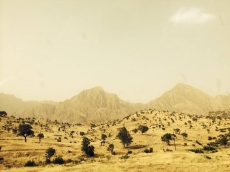
The rarity and significance of Kurdistan’s stability are underscored by events of this week.
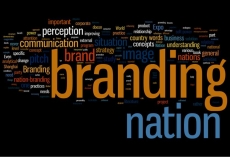
Reflections on the conceptual implications of nation branding: how branding a nation develops its soft power advantage
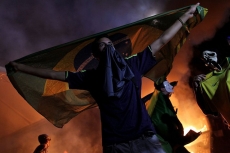
The lasting legacy of the 2014 FIFA World Cup will not be the grand infrastructure or (questionable) economic boom promised by their FIFA overlords.
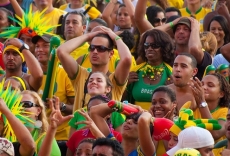
The World Cup might not be all hearts and roses for Brazil.
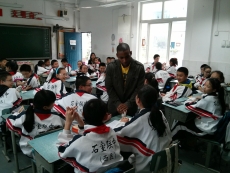
Di Wu explores how the 100,000 strong network is shaping U.S.-China relation.
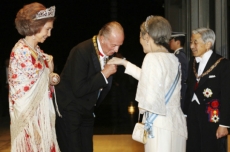
CPD Blogger Neal Rosendorf on the recent abdication of King Juan Carlos I, Spanish soft power, democracy and more.
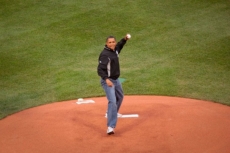
For years, the rest of the world has looked to America – either with gratitude or resentment – as the world’s policeman. Now, that 911 call may be rerouted.
Pages
Visit CPD's Online Library
Explore CPD's vast online database featuring the latest books, articles, speeches and information on international organizations dedicated to public diplomacy.
POPULAR ARTICLES
-
January 29
-
January 20
-
January 28
-
January 2
-
January 8
Featured Blogger
Join the Conversation
Interested in contributing to the CPD Blog? We welcome your posts. Read our guidelines and find out how you can submit blogs and photo essays >.








